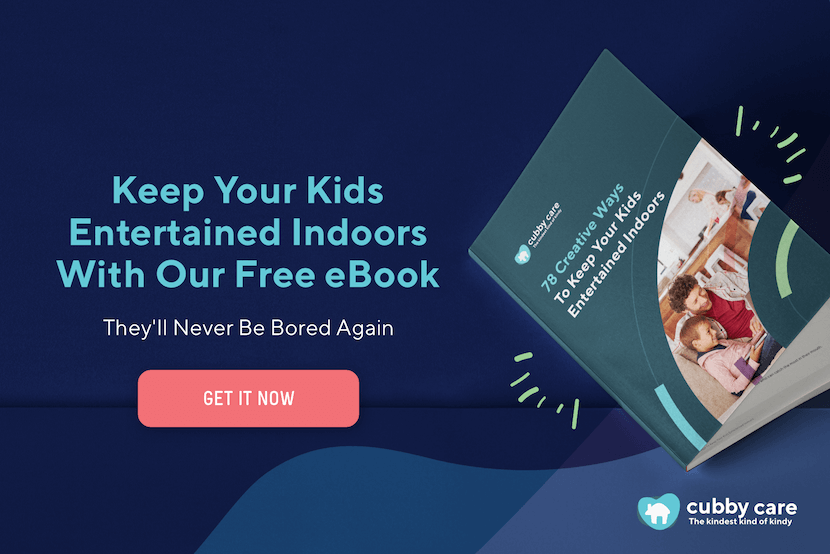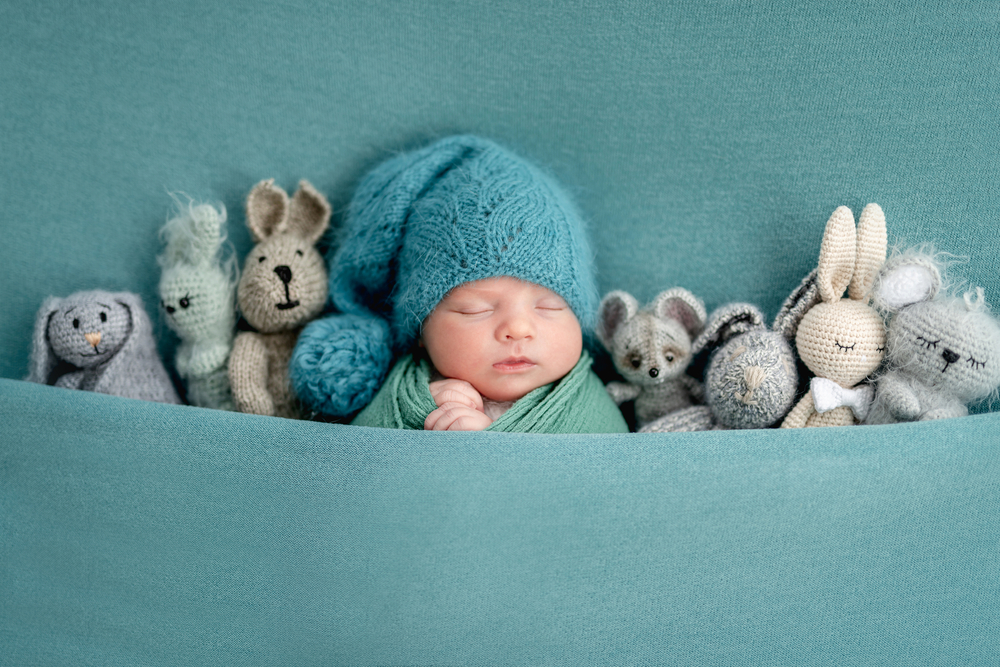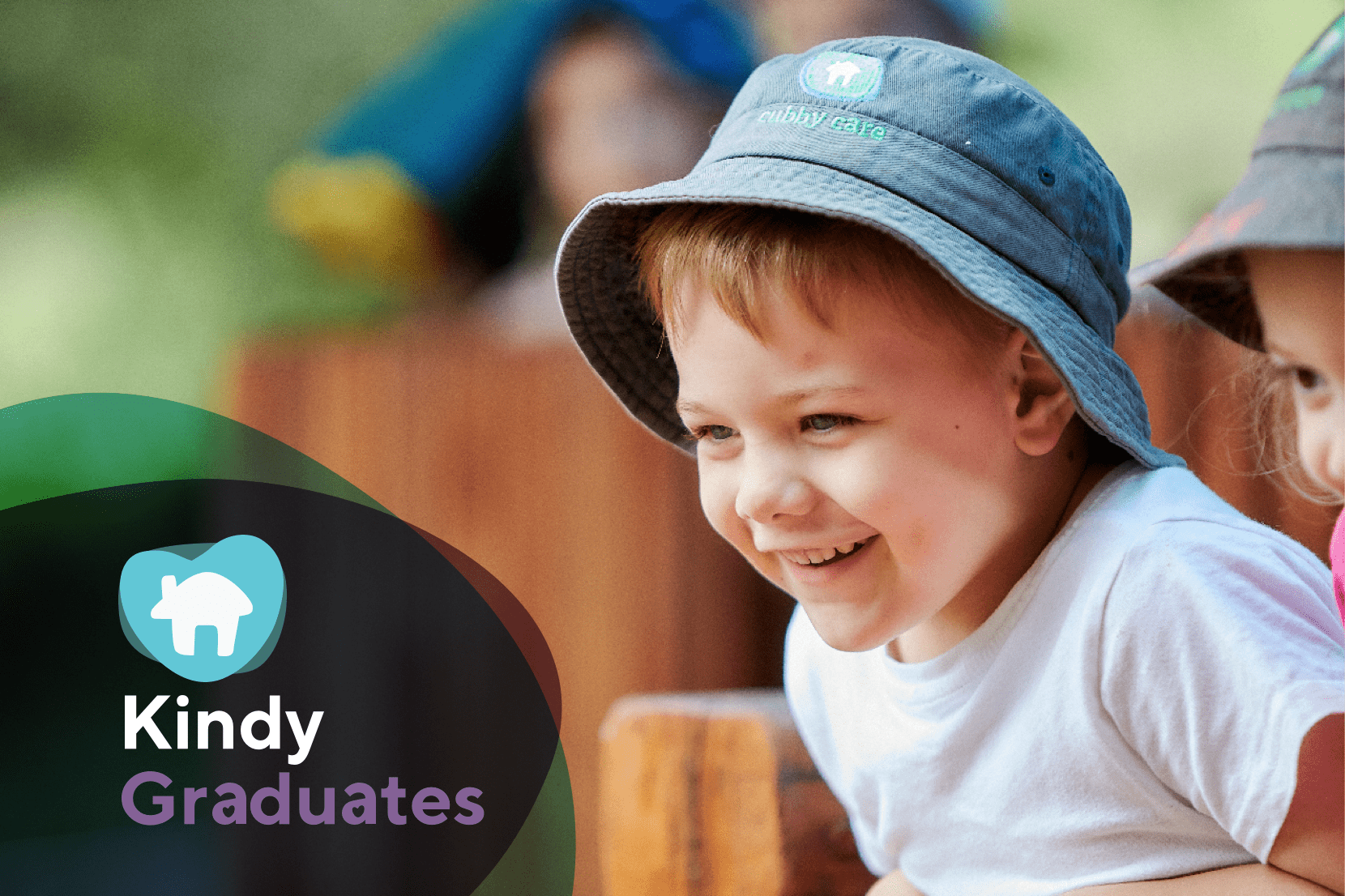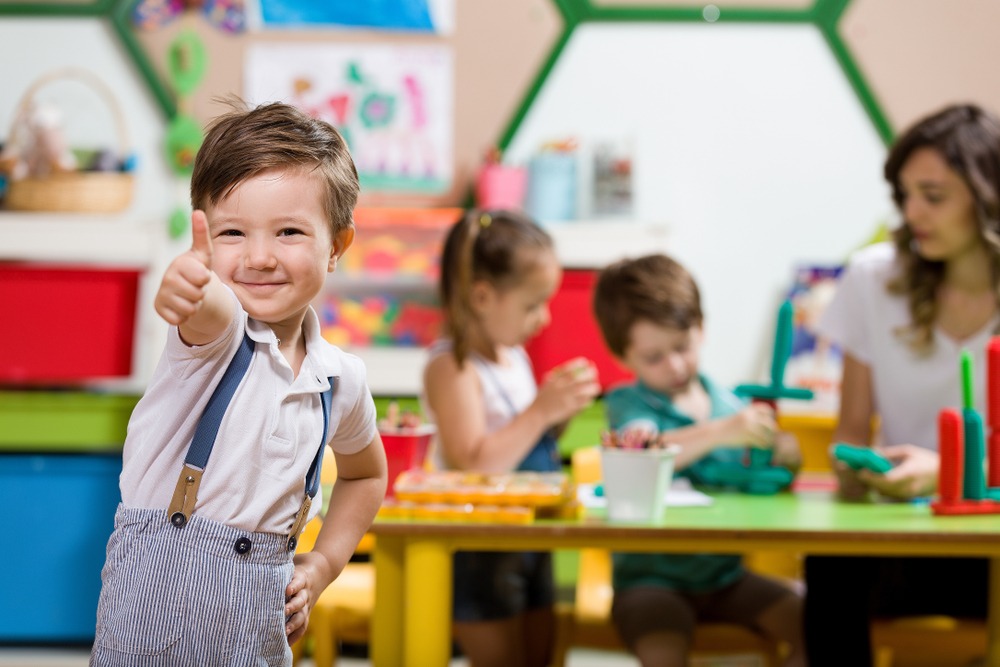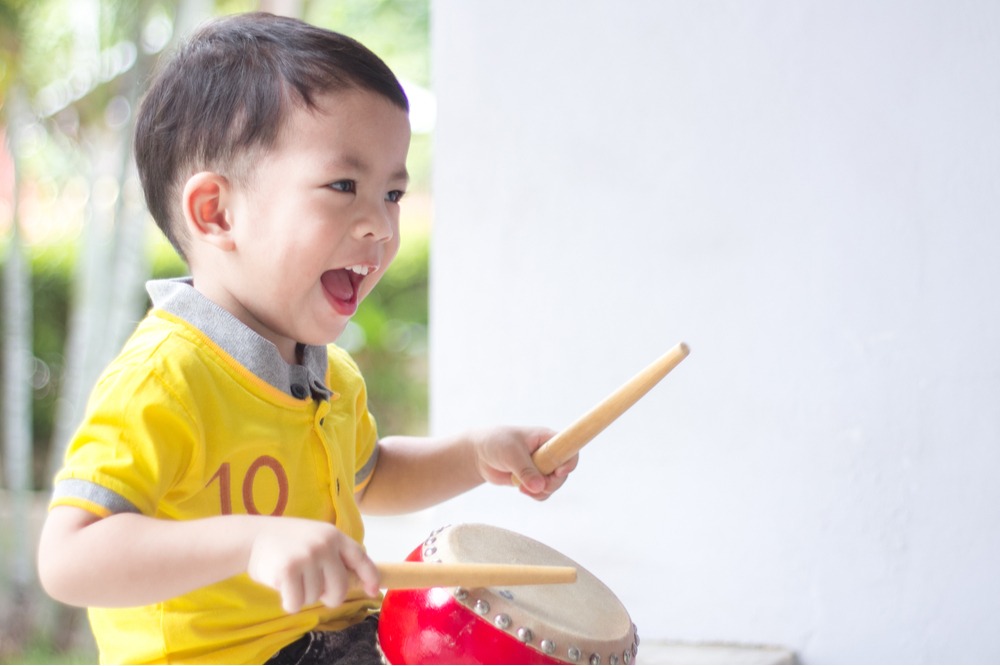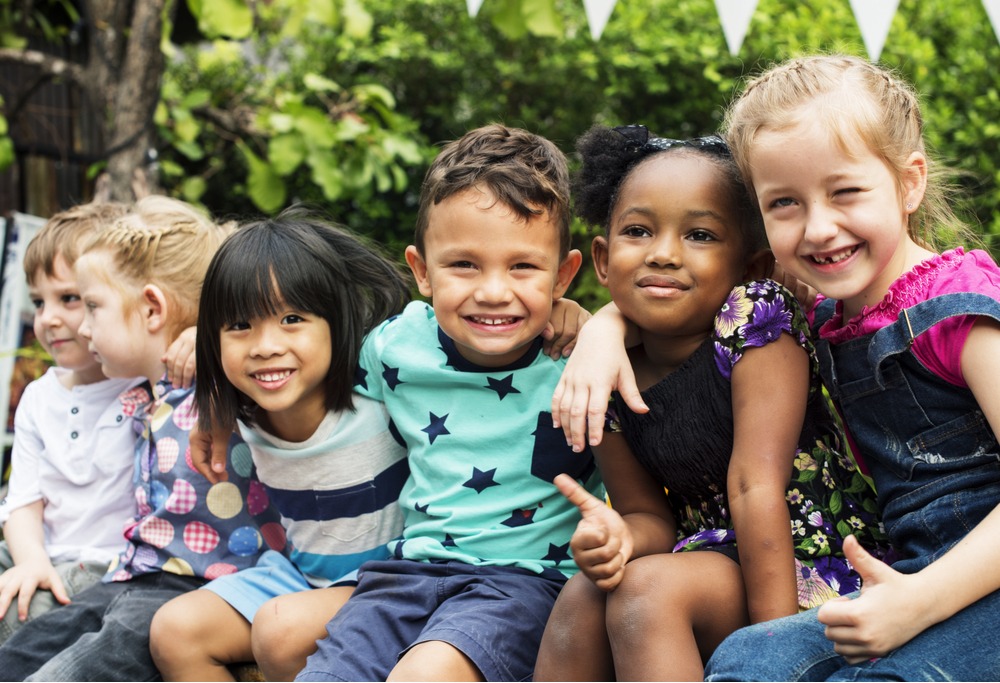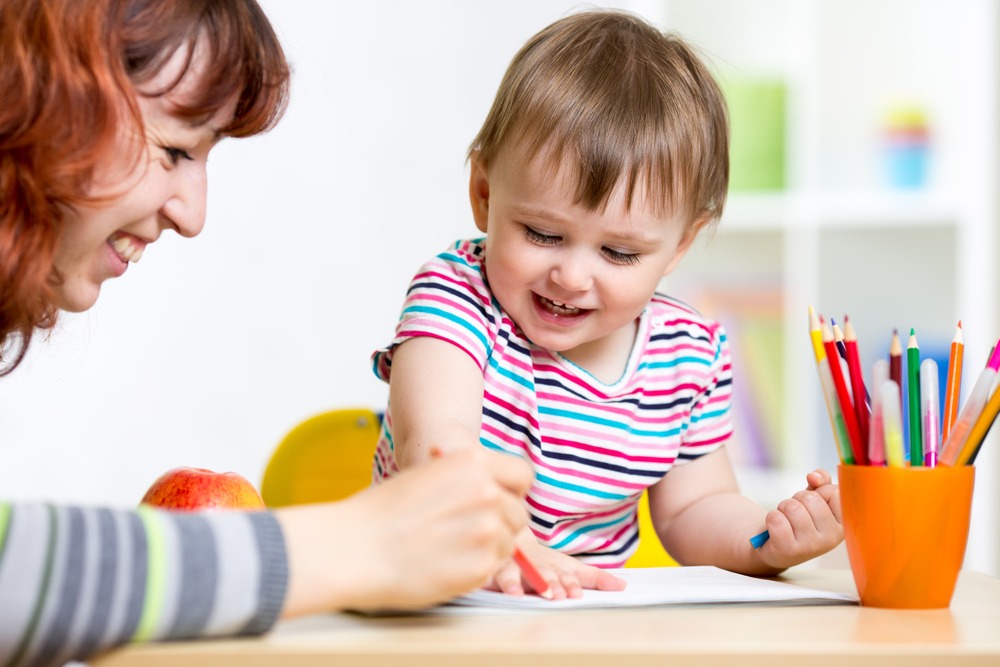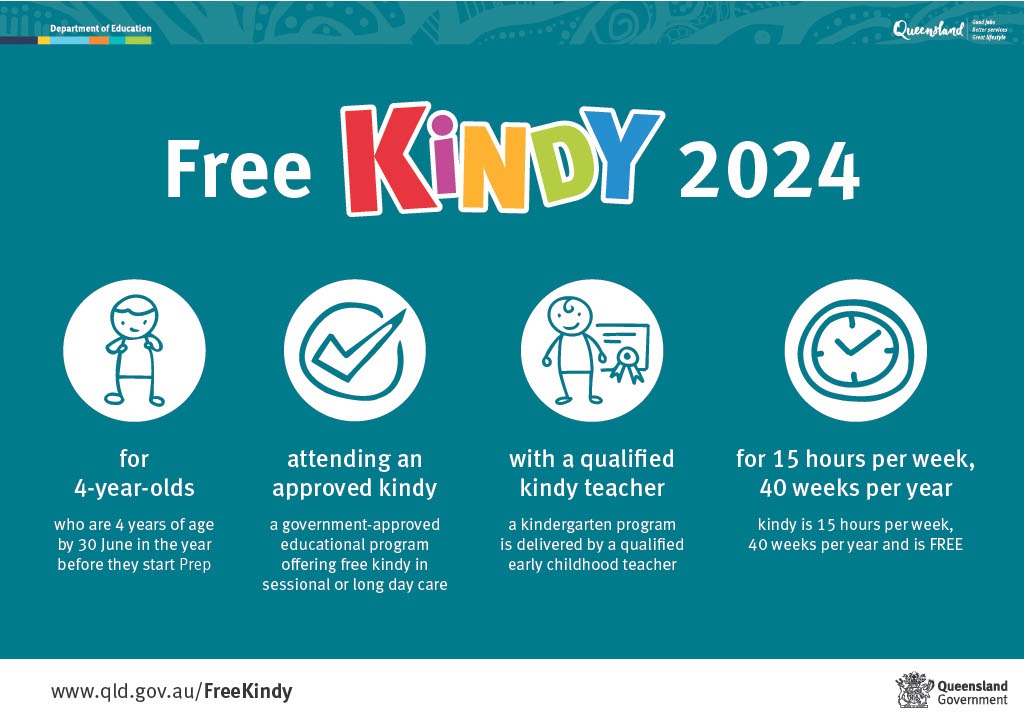
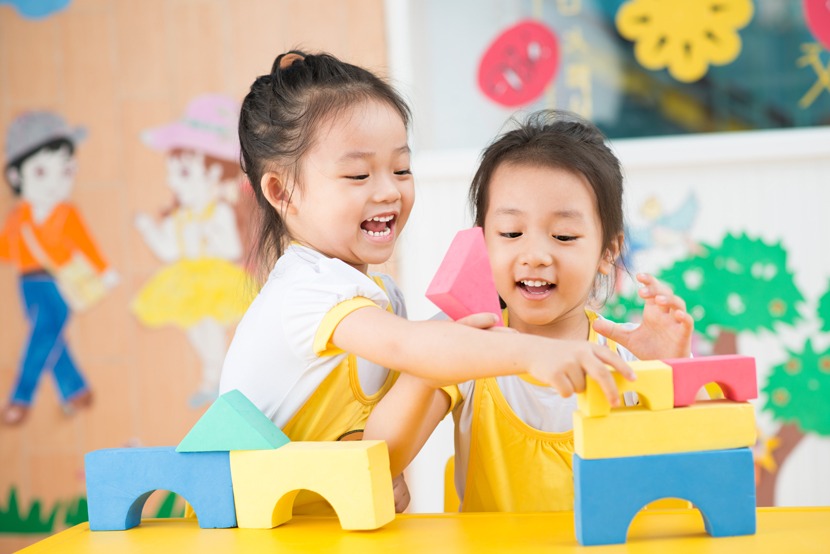
Children of all ages and backgrounds can learn naturally through play. ‘Playing’ allows your child to explore, make sense of the world, express their curiosity and have fun!
Although kindergarten mostly looks like a lot of play and fun, many people fail to see the amount of rich and productive learning which is taking place. The concept of play-based learning is simple, but because people are accustomed to assuming learning only happens in a formal setting, it’s quite misunderstood.
Understanding play-based learning helps parents better engage with educators and stay connected to their child’s development, as well as empowering them to extend their knowledge during play at home.
So, what is play-based learning?
Play-based learning is all about the process that your child embarks on, rather than the final outcome. This type of learning is led by your child and supported by their educators. Cubby Care educators can acknowledge ‘teachable moments’ during play and take care to carefully plan playing experiences which are likely to open up specific learning opportunities.
When your child engages in play, they develop positive feelings towards learning and therefore are more motivated to learn.
The Importance of Play for Babies
Babies learn through experience and observation. They rely on all five of their senses to explore their surroundings.
Beyond their senses babies also need to develop body awareness and balance, this can be done through rolling, crawling, climbing and cruising. These movements help babies to move independently and build their sensory systems.
Play gives babies a reason to experiment, discover, explore and problem solve. Just like learners of all ages, as long as there is an exciting and fun reason to play, they will engage.
The Importance of Play for Toddlers
Learning and play are a perfect fit for toddlers. A child’s curiosity flourishes during their toddler years, so what better way to utilise their growing interests than by participating in play-based learning.
Play-based learning fosters the development of a range of critical foundational skills for your toddler. These skills will be built on during kindergarten and will continue to benefit during their schooling and adult life.
In the first five years of their life, your child’s neural pathways and connections will form. During this time, many skills can be developed such as creativity, communication, problem-solving, resilience, emotional regulation and relationship building. Play-based learning and active exploration helps to shape and design your child’s brain so that they may develop these crucial life skills.
